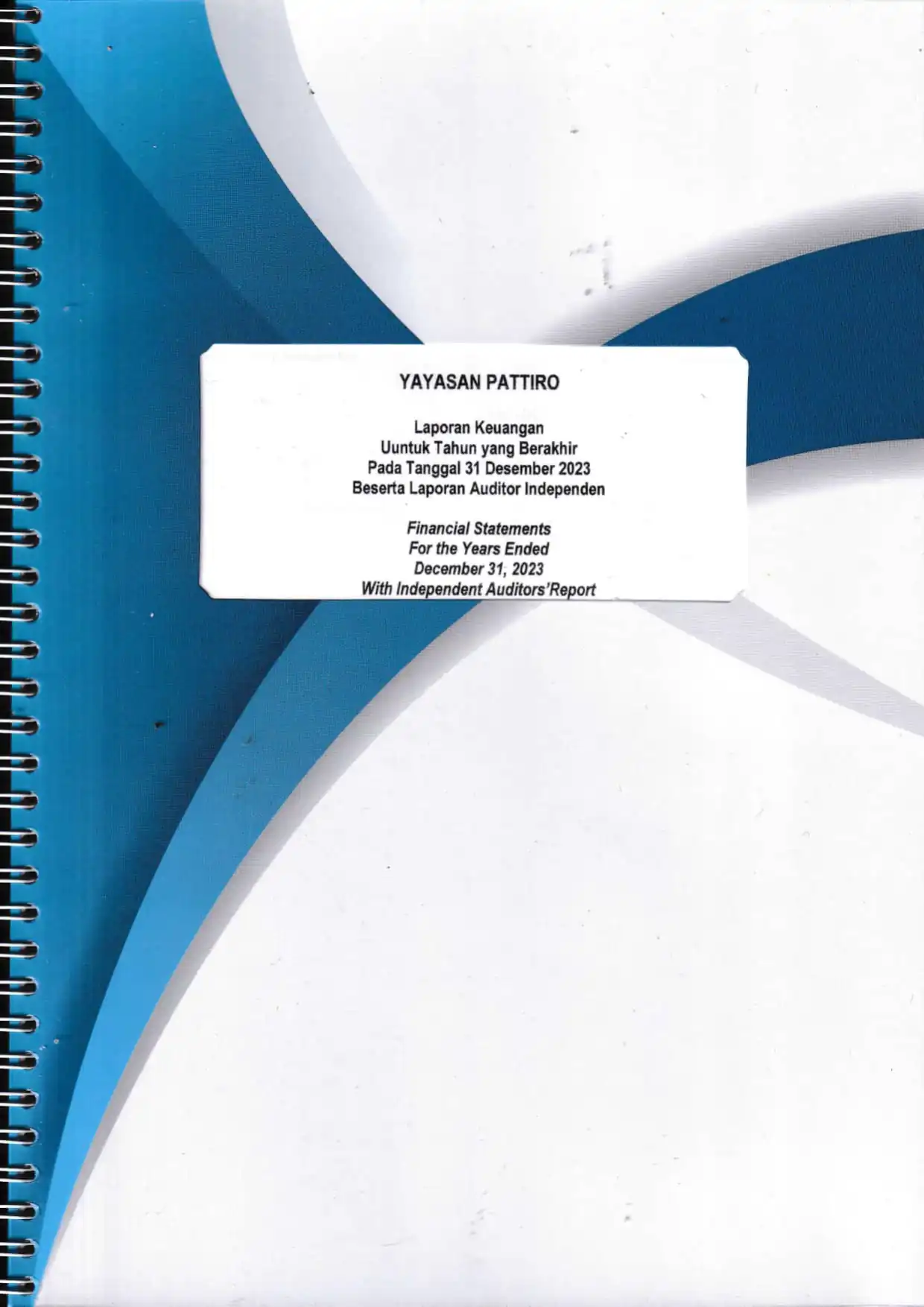
By: Timothy Lay, Volunteer in PATTIRO.
From 29 May to 2 June 2014, the Sunlight Foundation hosted their annual TransparencyCamp in Washington, D.C. Held at the School of Public Policy, George Mason University, the Transparency Camp brought together 800 participants, including students, online developers, CSO and donor representatives as well as academics.
The Sunlight Foundation is an American-based organisation focused on legislative openness, money in politics, open contracting and open corporate data. As such, this conference has, in previous years, focused on the transparency movement in the USA. This year, the conference was expanded to explore both the fight at the international level as well as those being undertaken at the subnational level in countries as diverse as Romania and Ghana.
As a key cog in the movement for governmental transparency in Indonesia, PATTIRO attended the event, with Open Government Partnership (OGP) Specialist Nanda Sihombing representing the organisation in Washington. This followed PATTIRO’s central role in the recent OGP Asia Pacific Regional Meeting in Bali.
Whilst broadly aimed at tackling the issue of transparency, this unconference – so called for its relaxed atmosphere – particularly focused on the role of open data in this fight. Open data is a concept that looks to the development of online technology as a promising avenue for the disclosure of information. One particular way in which it is seen as particularly useful, is the development of centralised platforms for information requests across government bodies. In this way, open data can work in tandem freedom of information laws to streamline access to information.
In countries that have yet to prioritise the enactment of freedom of information legislation, many organisations have been pushing open data as a method of fostering openness. In doing so, they hope to provide communities with access to information that is not otherwise enshrined by law.
In addition to that, participants at the TransparencyCamp also identified the potential for open data to serve as an investigative tool into the role of money in politics. This has been undertaken in several countries, including Spain, where infographs have been produced to illustrate the connections between political parties and corporations.
With Indonesia having made significant legislative gains in recent times, open data represents a potential way of the future. It still remains to be seen though, if the infrastructure limitations in Indonesia can be overcome in order for open data to be a viable technique for greater government openness throughout Indonesia. In the meantime, forums such as the TransparencyCamp are vitally important for the development and sharing of ideas for greater transparency in government.




